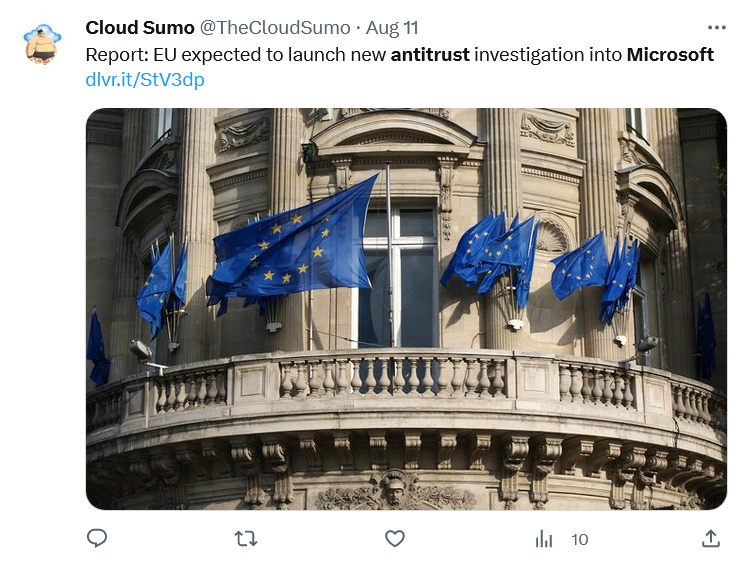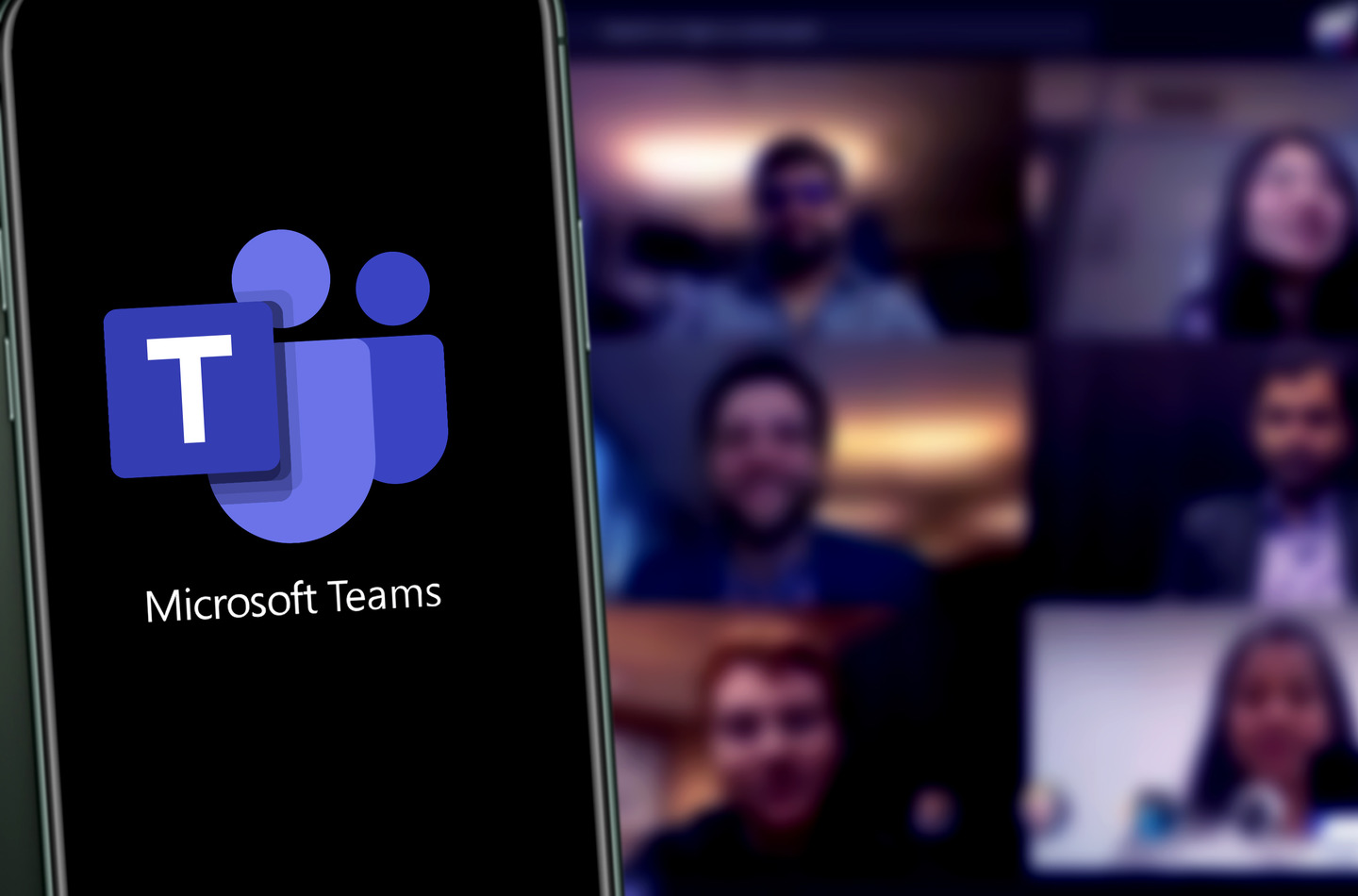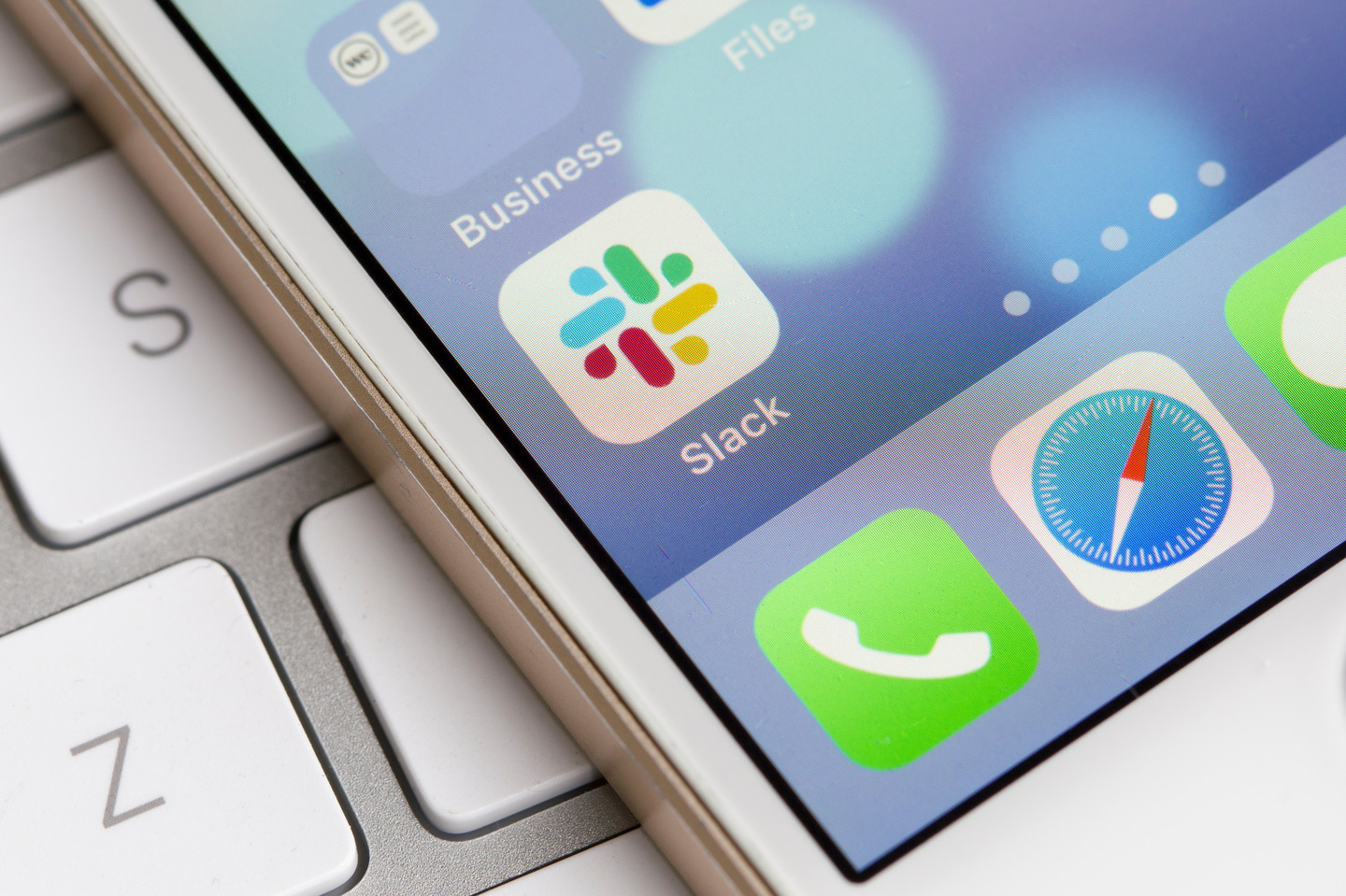Microsoft faces European antitrust claim for bundling Teams with Microsoft 365

• Microsoft in antitrust trouble – again.
• Bundling Teams with 365 is the trigger for the latest Microsoft antitrust case.
• Microsoft is also facing antitrust scrutiny over its cloud policies.
Microsoft has become embroiled in an antitrust claim over its plans to bundle Teams with Office 365 in future releases.
The complaint was made to the European Commission – the part of the European Uinon that governs regulations across 27 member states – and claims that Microsoft’s bundling of one type of software with another counts as “unfair” according to the rules of the Union.
The addition of Teams to Microsoft 365, it’s alleged, would rob businesses of the option to opt in or out of the Microsoft connectivity program when they sign up to 365 – and therefore risks economic damage to other businesses providing such connectivity programs within the European Economic Area (EEA).
The essence of the complaint is that such an action allows Microsoft, which already has a significant monopoly in the types of business software included in 365, to swing the power of its size and packaging monopoly into the “new” areas of connectivity programs.
The complaint has been brought by Slack, owned by Salesforce in July 2020, and with legendary European swiftness has come under consideration a mere three years later.

“We meet again, Mr Microsoft…”
The Commission said its investigation was pertinent because remote communication and collaboration tools have become “indispensable aspects” of daily business for most European businesses – as they have around the world both during and after the Covid pandemic.
In fact, arguably the whole idea of remote and hybrid working models falls apart without this kind of technology, so it’s become a remarkable differentiator of life before the pandemic, when most staff were expected to be in the office most of the time, and life after the pandemic, when those remote and hybrid working models have become a significant norm, which at least large swathes of the business world have embraced.
The Commission said Microsoft’s bundling of Teams alongside its other, frequently business-critical software packages may well constitute anticompetitive behavior, by making Teams work better with other Microsoft products than it does with its competitors.

Tools like Teams are arguably essential in the post-pandemic business.
“Microsoft may have limited the interoperability between its productivity suites and competing offerings,” the Commission explained.
That means that in a cost of living crisis, like the one through which we’re currently living, with the impact of Russia’s illegal invasion of Ukraine, post-Covid inflation and technological tensions between the US and China, if you bundle something essential alongside other essential elements of business software, businesses are less likely to seek alternative ways to do the same thing and pay anything extra – which could hit other players in the connectivity market, such as Slack.
Microsoft antitrust cases – the history.
This is by no means Microsoft’s first ride in this particular rodeo. It faced similar antitrust cases in Europe back in the far-off days of 2009, when bundling Internet Explorer with the Windows operating system was supposedly scandalous.
Back in the day, Microsoft promised to include a choice of browser as part of its operating system – a promise it promptly forgot about, which led it to a fine of some $600 million in 2013.
Microsoft is also facing antitrust scrutiny over its cloud policies, after European cloud companies complained that Microsoft was charging companies more to run Microsoft software in cloud environments other than its own.
That might seem to Microsoft like offering a bonus to its customers for consistency, developing the Microsoft ecosystem throughout several areas of business, but campaigning organizations see it in a very different light.
“This is Microsoft’s playbook — leveraging its monopoly power in one market to distort competition in another,” said Ryan Triplette, Executive Director at the Coalition for Fair Software (CFSL).
The idea is that Microsoft is a company of such size and ubiquity that what it might see as the “bonus” of keeping software choices simple for its customers and extending the Microsoft ecosystem actually amounts to anticompetitive behavior, squeezing out competitor companies by making the economic reality of choosing them excessively difficult to justify, when the Microsoft option is a) right there, b) significantly easier to integrate with other Microsoft products, and c) potentially cheaper as a bundle than going outside the ecosystem for potential software benefits.
Microsoft antitrust – the cost of doing business?
The issue that Slack and the European cloud vendors face is that, as mentioned, Microsoft has been down this path before, paid the fine, bought the T-shirt, and then more or less gone on its merry way, with its products integrated, its ecosystem growing, and its customers more or less satisfied with what they get.

Can Salesforce’s Slack – and other alternatives – survive the bundling of Teams and 365?
There is, after all, a reason this kind of bundling has become part of the Microsoft playbook – and the Apple playbook too, come to that.
Certainly, a $600 million fine is not an ideal way to conduct business, but as was the case in 2009-13, Microsoft may find the competitive advantage of bundling Teams with Office 365, during a cost of living crisis, more than outweighs any antitrust fines it has to pay down the line.











